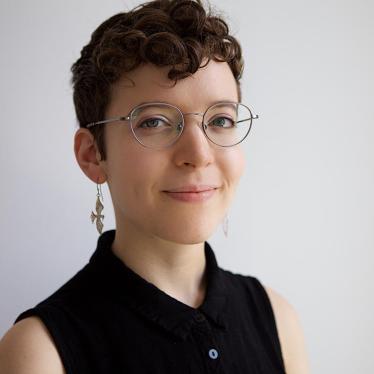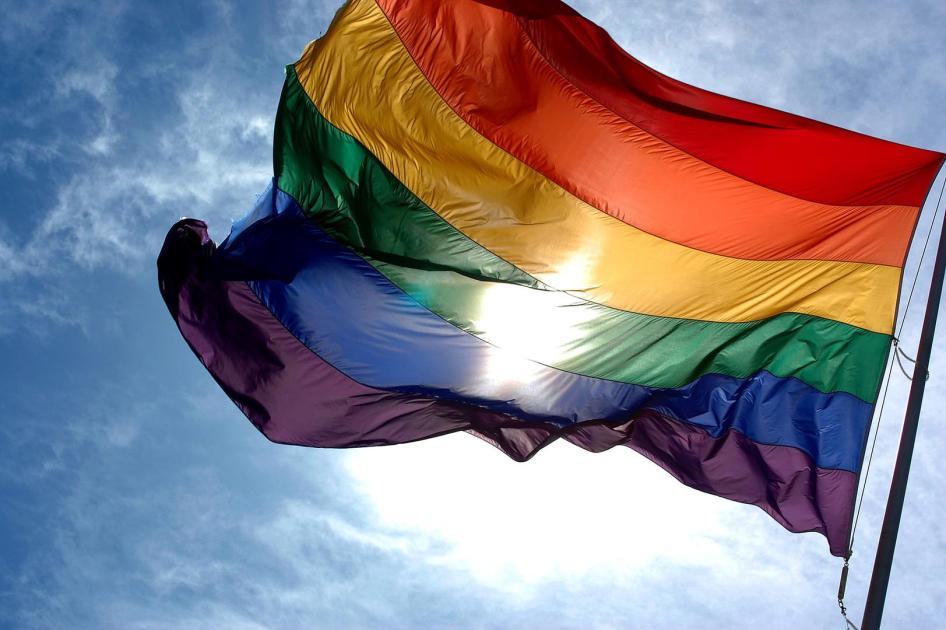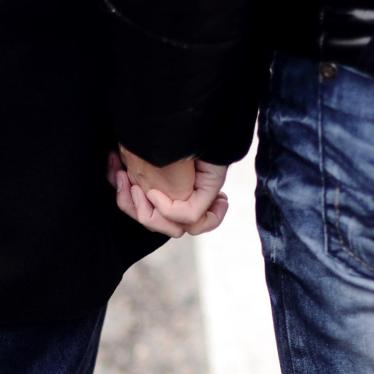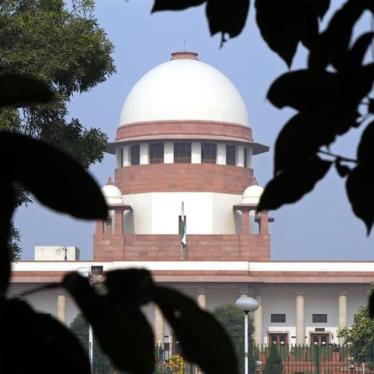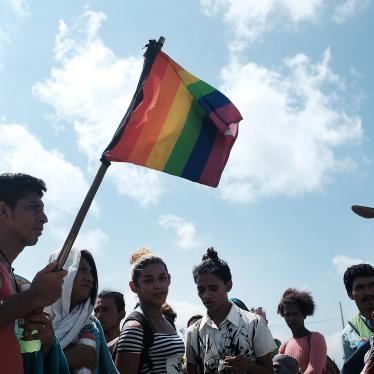A child born to Bulgarian and British mothers has been denied Bulgarian citizenship and is now at risk of being stateless.
“Baby S” was born in December 2019 in Spain and although the baby’s birth certificate was issued by Spain with both mothers listed as parents, the baby cannot get Spanish citizenship because neither mother is Spanish. Citizenship cannot be acquired from the British mother of “Baby S” who is from Gibraltar, a British Overseas Territory, as she acquired her British citizenship by descent.
When “Kalina”—the pseudonym for the mother from Bulgaria—applied for the couple’s child to acquire Bulgarian citizenship, Bulgarian authorities refused on the basis that under national law a baby cannot have two mothers. Same-sex relationships are not legally recognized in Bulgaria.
Statelessness may hinder the child from attending school, accessing health care and other social benefits. All three governments involved are parties to the 1961 Convention on the Reduction of Statelessness and have a duty to prevent the child being stateless.
The European Union Court of Justice (EUCJ), having been referred the case by a Bulgarian court, heard pleadings on behalf of the child “Baby S” this week and is expected to rule in several months’ time.
This is not the first time that the EU Court of Justice has been asked to adjudicate on the rights of a same-sex couple being discriminated against by a European country because of their sexual orientation.
In 2018, the court ruled the term “spouse” in a directive on the exercise of free movement under EU law is gender-neutral and therefore covers the same-sex spouse of an EU citizen. This case centered on whether a gay Romanian-American couple were entitled to the same residency rights in Romania as other married couples in the EU, even though Romania only recognizes civil partnerships rather than marriage between same-sex partners.
Following the EUCJ ruling, the Romanian Constitutional Court affirmed in July 2018 that same-sex partners in Romania are entitled to the same EU residency rights as other married couples.
“Baby S” and her parents deserve to have their family relationship recognized by the Bulgarian government and the child should have equal access to education, medical care and other needed services. Hopefully the EU Court of Justice will use the opportunity to affirm the rights of same-sex parents and their children.
